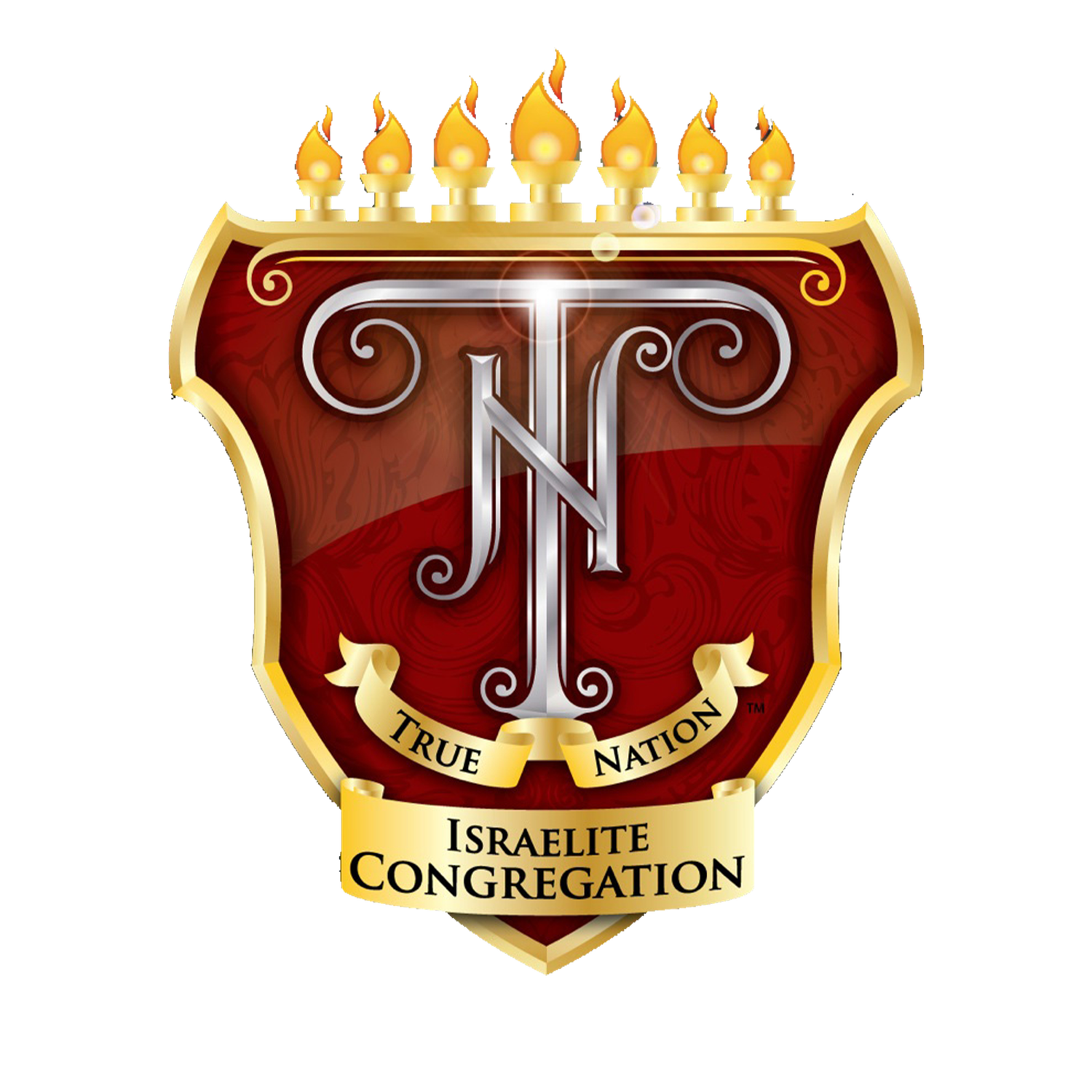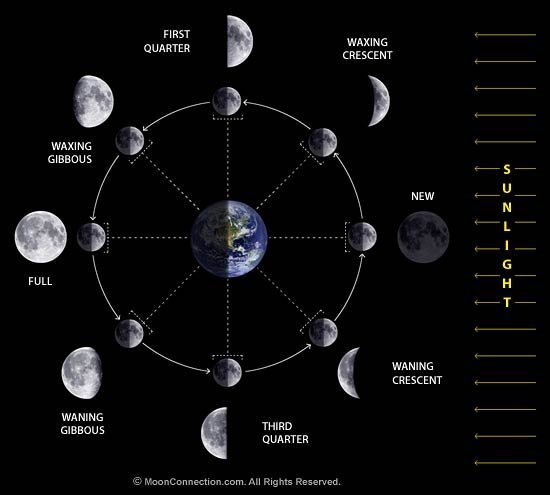
New Moon
The New Moon is a holy day and monthly feast to be kept by the Children of Israel. The “new moon” or “new month” celebrates the first day of each new month.
Numbers 10:10 - “Also in the day of your gladness, and in your solemn days, and in the beginnings of your months, ye shall blow with the trumpets over your burnt offerings, and over the sacrifices of your peace offerings; that they may be to you for a memorial before your God: I am the LORD your God.”
2 Chronicles 8:12-13: “Then Solomon offered burnt offerings unto the LORD on the altar of the LORD, which he had built before the porch, (13) Even after a certain rate every day, offering according to the commandment of Moses, on the sabbaths, and on the new moons, and on the solemn feasts, three times in the year, even in the feast of unleavened bread, and in the feast of weeks, and in the feast of tabernacles.”
Psalms 81:3-4: “Blow up the trumpet in the new moon, in the time appointed, on our solemn feast day. (4) For this was a statute for Israel, and a law of the God of Jacob.”
The observance of the New moon is a commandment given by the heavenly father that is to be kept from generation to generation. It is also a Sabbath of rest in which also no buying or selling is permitted. The new moon begins each new month. The moon along with the sun was created to allow us to calculate times, seasons and feast days.
Genesis 1:14-16: “And God said, Let there be lights in the firmament of the heaven to divide the day from the night; and let them be for signs, and for seasons, and for days, and years: (15) And let them be for lights in the firmament of the heaven to give light upon the earth: and it was so. (16) And God made two great lights; the greater light to rule the day, and the lesser light to rule the night: he made the stars also.”
Each new day begins in the evening at sundown whereas the moon’s light is visible showing its various light phases. These phases of light change every day allowing us to calculate and identify the days of every month.
Psalm 104:19: “He appointed the moon for seasons: the sun knoweth his going down.”
Ecclesiasticus 43:6-8: “He made the moon also to serve in her season for a declaration of times, and a sign of the world.” (7) From the moon is the sign of feasts, a light that decreaseth in her perfection. (8) The month is called after her name, increasing wonderfully in her changing, being an instrument of the armies above, shining in the firmament of heaven;”
As the scriptures teach, knowing when the new moon occurs is essential to keeping the Lord’s feast days at the proper time and season. Each month has approximately 30 days in which these light phases change. The Moon is new when the first crescent is visible. It’s light then increases day by day wonderfully until it reaches its perfection which is a fully illuminated surface known as the FULL MOON. The light then decreases (wanes) until the moon’s surface is completely dark ending the month and starting a new month, repeating these same phases.
1 Samuel 20:5: “And David said unto Jonathan, Behold, to morrow is the new moon, and I should not fail to sit with the king at meat: but let me go, that I may hide myself in the field unto the third day at even.”
David acknowledges that the next day will be the new moon and there will be a feast in accordance to the law. This scripture also acknowledges that one would begin a new count of the days of the month at the time of the new moon.
1 Samuel 20:24-27: “So David hid himself in the field: and when the new moon was come, the king sat him down to eat meat. (25) And the king sat upon his seat, as at other times, even upon a seat by the wall: and Jonathan arose, and Abner sat by Saul’s side, and David’s place was empty. (26) Nevertheless Saul spake not any thing that day: for he thought, Something hath befallen him, he is not clean; surely he is not clean. (27) And it came to pass on the morrow, which was the second day of the month, that David’s place was empty: and Saul said unto Jonathan his son, Wherefore cometh not the son of Jesse to meat, neither yesterday, nor to day?”
We see that the day following the new moon is considered the second day of the month which makes the NEW MOON the first day of the month. Let’s examine Psalms 81:3 again.
Psalms 81:3-4: “Blow up the trumpet in the new moon, in the time appointed, on our solemn feast day.”
This scripture shows us that the trumpet was blown (calling for an assembly of the people) on the new moon and also on the appointed feast days. When we examine the phrase “time appointed” it is the Hebrew word “Keceh.”
Keceh (Strong’s Definition): OT:3677 kece’ (keh’-seh); or
keceh (keh’-seh); apparently from OT:3680; properly, fulness or the full moon, i.e. its festival:
The time appointed is in reference to the feasts that occur on the full moon which is the Passover and the Feast of Tabernacles in which both feasts are kept on the 15th day (14th day at evening) of their respective months. Seeing the moon is in fact full on the 15th day of the month would prove that the new moon (1st day of the month) would have a fully dark surface 14 days prior. This is important to understand because there are several conflicting explanations that are taught in the world regarding the new moon. In an attempt to deceive the true followers of YHWH, society has broken the laws of YHWH and changed the times and created other calendars aside from what YHWH ordained creating great confusion.
Daniel 7:25: “And he shall speak great words against the most High, and shall wear out (afflict through slavery) the saints (Israelites) of the most High, and think to change times and laws: and they shall be given into his hand until a time and times and the dividing of time.”
The scriptures explain how to keep the laws correctly and teach us how to live according to the calendar of YHWH and not man. We must remember to observe the new moon feast every month and keep it holy by abstaining from work, buying and selling.

